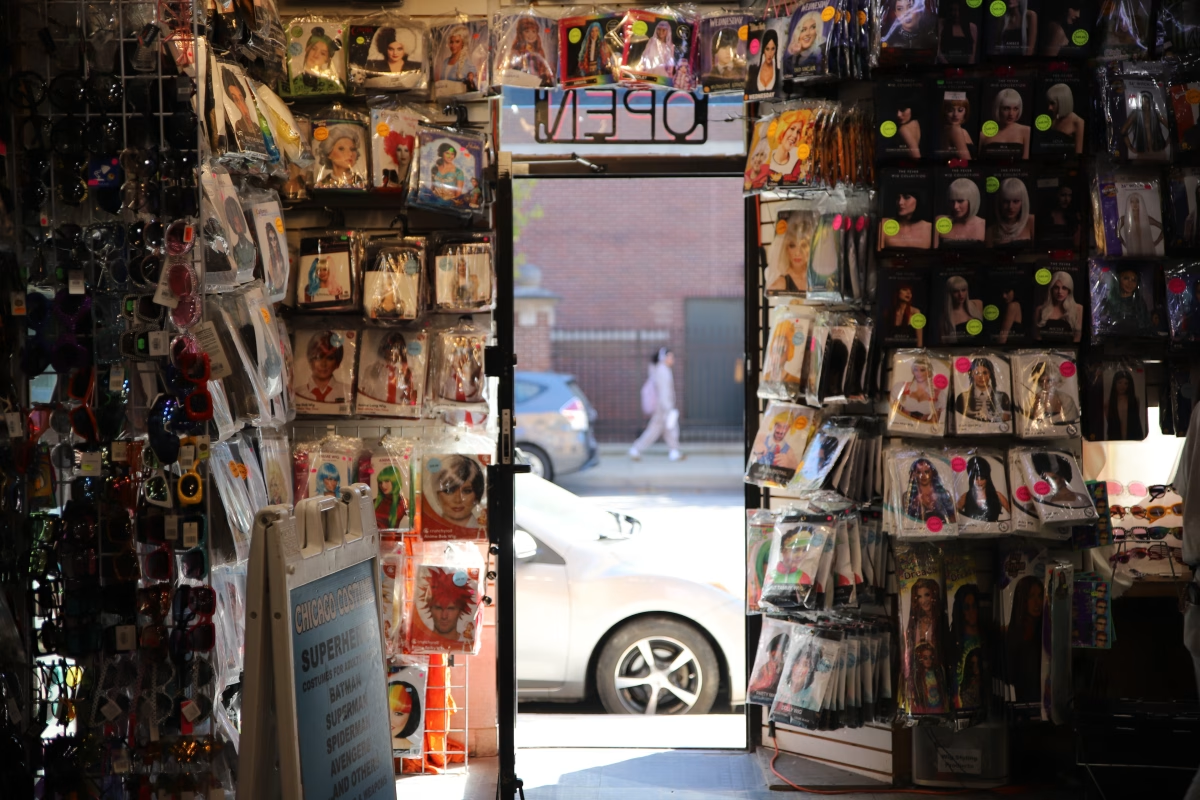If it's happened once, it's happened too often. You board the plane and settle into your seat at 16D. You reach into the seat-back pocket in front of you for a magazine. Instead, you find crumbs, used tissues, and other miscellaneous litter left behind by the previous passenger.
Ewww.
Passengers should be responsible for their own garbage and make sure it's disposed of properly. (After all, you wouldn't stuff candy-bar wrappers in the seat of a friend's car, would you?) But in recent years, when a traveler neglected this courtesy, so did the airline staff. And cleanliness affects passenger loyalty.
"People don't normally return to a restaurant if they think it's dirty," said Jack Smith, senior vice president for customer service with AirTran Airways, to the Chicago Tribune.
In an economy where airlines need to retain as many passengers as possible, they're cleaning up their act and their planes.
In 2008, Chicago-based United Airlines scored dead-last in a J.D. Power and Associates survey of airline customer service. Northwest Airlines and United tied for the lowest consumer ranking of its aircraft interiors.
In response, United Airlines reexamined its cleaning procedures and schedules. Instead of letting individual airports determine the scrubbing process, United headquarters is now setting the standard for all employees to follow.
Local
Getting clean will be no easy task though. Common household cleaning agents (like bleach or ammonia) can't be used due to potential passenger allergies or possible damage to the plane's aluminum frame. Also, educating employees across the world on the new standards will likely be a slow process, resulting in pockets of inconsistency. Not to mention trying to work within the airplanes' tight turn-around schedules.
United also plans on conducting "heavy" cleans more frequently. These consist of rigorous scrubbing and shampooing. The aircraft used to get the spic-and-span treatment every 6 to 18 months; now, they will occur every 30 days on domestic carriers and every 15 days for wide-body international aircraft.
However, the airline won't be able to do anything about the overly friendly Chatty Cathy next to you in 16E.
Matt Bartosik, former blogger of The Chicago Traveler and editor of the next edition of Off the Rocks, can NOT be tucked under the seat in front of you or in the overhead compartment.



